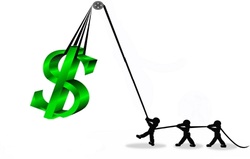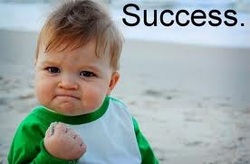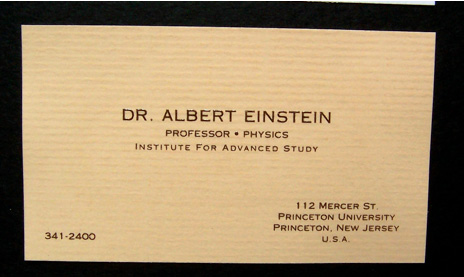
Freedomway.ca
facebook.com/stefanaarnio
https://twitter.com/stefanaarnio
http://ca.linkedin.com/in/stefanaarnio
Get Stefan Aarnio's book "Money People Deal: The Fastest Way to Real Estate Wealth" at MoneyPeopleDeal.com!
Remember: Please share this article if you found it enjoyable!
This last week I have been officially closing a previous chapter of my life. I have been selling off all of my music gear; guitars, basses, amps, speakers, cords, mixing boards, cases, microphones – everything! I used to be very heavily involved in writing music, performing music and teaching music. I used to derive 100% of my income from music and was a professional in the field. Today, I am selling off all of my music gear and I did receive some backlash from my girlfriend and my mother.
“Why?” they protested.
“Won't you be sad?” they wanted to know.
The answer, is “no, I will not be sad.” and the reasons are simple.
Years ago, when I quit basketball in high school, my coach, whom I will never forget said to me “there is nothing wrong with quitting, as long as you take all of the energy you put into basketball and put it into music.” Music was my passion at that point in my life, not basketball, and it was what I wished to do professionally.
Today, I am officially quitting the music chapter of my life and I'm using the energy to pursue my path as an entrepreneur. Selling all of my music gear is a way of clearing my mind, my space and my path.
But what happens to the years of my life, and all the money that I spent accumulating knowledge and equipment in the music business?
In physics, energy is never lost, the same holds true in real life. The skills, the experience and the wisdom I gained in the music industry carries over to my real estate career and the best part about skills and experience is that they can never be lost.
True value does not lie in the musical equipment. True value lies in the skills I learned from the equipment. I will always know how to sing, how to play instruments and perform. These skills can get rusty, but they never go away.
But how does this apply to real estate?
In real estate, so many investors cling to their buildings and are terrified of losing material wealth. Most of us think that our buildings are assets, when in fact, they are just lifeless bricks and mortar. Real value, even in real estate lies in the experience and the knowledge of building and operating the business.
Years ago, Henry Ford, the founder of Ford automobiles was asked by a reporter “Mr. Ford, you're a billionaire – so what? What would happen if you lost it all tomorrow?”
Mr. Ford smiled and replied “I would have it all back and more in 5 years!”
I truly understand what Mr. Ford meant by these words and I feel the same about the music business or even my real estate business. The knowledge I have gained by building the business from scratch will never leave my mind and the wisdom is the true asset – not the equipment or the buildings.
In the classic book “The Richest Man in Babylon”, the characters in the book are given a choice between a large sack of gold and a clay tablet with wisdom inscribed in it.
The book explains that the man who chooses the gold will quickly lose it, whereas the man with the knowledge will eventually get the gold.
Henry Ford and the Richest Man in Babylon both agree, true value is in the knowledge not the gold, the money, the buildings, or the companies.
Early in my real estate career, I made of point of investing in my education through seminars, coaching, training, mentoring, books, audio files etc. To build my education as fast as possible. Education, knowledge and experience form the backbone of business and entrepreneurship. Where most people rely on their job, their salaries and the government to survive, entrepreneurs rely on business acumen thrive.
It always startles me to see young investors and entrepreneurs forgo business and real estate education and jump into the field with both feet. I have made this mistake in the past and it is extremely costly to experiment with real world dollars.
If you are in business, real estate investing or entrepreneurship, please ensure that you allocate a portion of your earnings to ongoing education. For myself, my education has made all the difference and has allowed me to grow my real estate business from a one time investment of $1200 to a multi million dollar portfolio.
Thanks for reading,
Stefan Aarnio
Freedomway.ca
facebook.com/stefanaarnio
https://twitter.com/stefanaarnio
http://ca.linkedin.com/in/stefanaarnio
Get Stefan Aarnio's book "Money People Deal: The Fastest Way to Real Estate Wealth" at MoneyPeopleDeal.com!
P.S: Please share this article if you found it enjoyable!













 RSS Feed
RSS Feed

